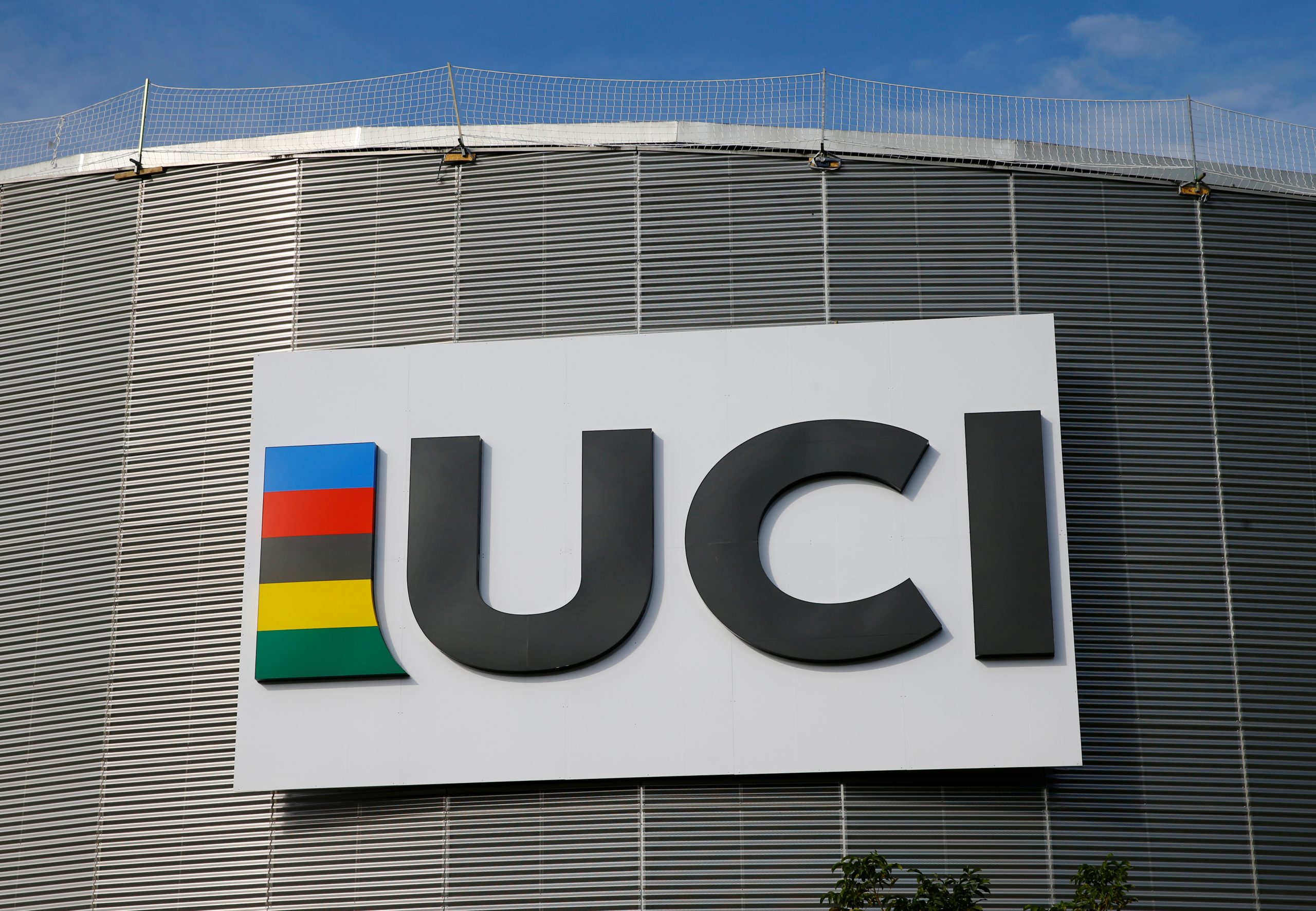
Willie R. Tubbs, FISM News
[elfsight_social_share_buttons id=”1″]
Union Cycliste Internationale, the international governing body of professional cycling, banned a biological male who is transitioning to female from competing against women in a premier cycling event in Central England this week.
Emily Bridges, who has proven a dominant racer against men, had intended to race in the British National Omnium Championships in Derby, but was informed by British Cycling that a ban had been imposed.
“We have now been informed by the Union Cycliste Internationale (UCI) that under their current guidelines Emily is not eligible to participate in this event,” a statement from British Cycling reads. “We have been in close discussions with the UCI regarding Emily’s participation this weekend and have also engaged closely with Emily and her family regarding her transition and involvement in elite competitions. We acknowledge the decision of the UCI with regards to Emily’s participation, however we fully recognize her disappointment with today’s decision.”
The decision seems to have been fueled by women cyclists threatening to boycott the race if Bridges were allowed to participate.
While this threat seems to have been made behind the scenes, The Guardian reports female riders opposed Bridges’ participation on the grounds that Bridges, who won the British Universities men’s championship last month and once set the British national junior men’s 25-mile record, enjoyed an unfair advantage.
Sharron Davies, a former British Olympian in swimming and long vocal critic of such inclusion, has spent the last several weeks, both on social media and in the British press, amplifying her efforts to limit women’s sports to biological females.
“It’s not transphobic to want fair sport, it’s anti female to not!” Davies tweeted Thursday.
Friday, she tweeted, “Leaving ANY biological male [benefit] … is treating females as [second-class] citizens who don’t deserve fair sport. Biological Sex is the only fair way to divide sport along with age, weight & para classification #SaveWomensSports.”
It’s not transphobic to want fair sport, it’s anti female to not!
— Sharron Davies MBE (@sharrond62) March 31, 2022
Leaving ANY biological male benifit @UCI_cycling @fina1908 @WorldAthletics is treating females as second class citizens who don’t deserve fair sport. Biological Sex is the only fair way to divide sport along with age, weight & para classification #SaveWomensSports
— Sharron Davies MBE (@sharrond62) April 1, 2022
While Bridges has not yet spoken publicly about the ban, Helen Bridges, Bridges’ aunt, told the UK’s Daily Mail, “It’s a bit of a tough one but I guess it’s unfair. It is unfair on Emily but the others obviously think it’s unfair on them so it’s a very, very difficult situation. Maybe trans athletes should have their own class but I think they should be allowed to do it [compete in women’s sports].”
The matter of transgender athletes competing against biological females has occupied much public attention of late.
Recently, in the United States, Penn swimmer Lia Thomas won an NCAA championship and drew the anger of trans-exclusionary feminists, biological female athletes, and Conservative politicians alike.
Numerous states have passed or are seeking to pass laws to prevent biological males from competing against girls. Last week, Utah’s legislature overrode a gubernatorial veto to impose such a ban.
Two weeks ago, Florida Gov. Ron DeSantis rejected Thomas’ designation as the winner of an NCAA championship and instead declared the second-place finisher, Emma Weyant, as the winner. Weyant, who won an Olympic silver medal in the 2020 400-meter individual medley race, lost by 1.75 seconds to Thomas in the 500 freestyle.
“By allowing men to compete in women’s sports, the NCAA is destroying opportunities for women, making a mockery of its championships, and perpetuating a fraud,” DeSantis tweeted at the time. “In Florida, we reject these lies and recognize Sarasota’s Emma Weyant as the best women’s swimmer in the 500y freestyle.”
By allowing men to compete in women's sports, the NCAA is destroying opportunities for women, making a mockery of its championships, and perpetuating a fraud.
In Florida, we reject these lies and recognize Sarasota's Emma Weyant as the best women's swimmer in the 500y freestyle. pic.twitter.com/tBmFxFE3q6
— Ron DeSantis (@GovRonDeSantis) March 22, 2022
Last June, on the first day of LGBT Pride Month, DeSantis signed into law a bill requiring participants in women and girls sports to present their original birth certificate as proof of having being born female.
Wednesday, Congresswoman Lauren Boebert (R-Colo.) introduced a bill, one cosigned by 21 other Republicans, that would recognize Weyant as the rightful winner.
The NCAA is not directly answerable to the U.S. government on matters of recognizing championships.
